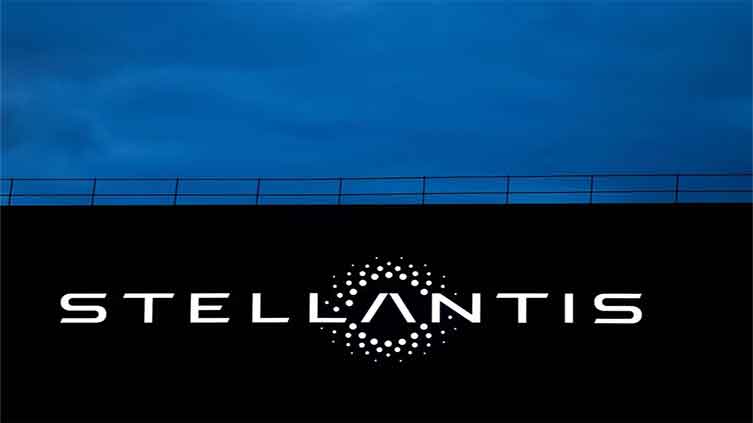Stellantis to unveil Citroën e-C3, first affordable European-made EV

Technology
The need for more affordable European models has been driven by Chinese EV brands
PARIS (Reuters) - The world's No.3 carmaker Stellantis will unveil its first European-made affordable electric car in mid-October, the new Citroën e-C3, as it gears up to counter the arrival of lower-cost Chinese brands in the European market.
Electric vehicles (EVs) are more expensive than their fossil-fuel counterparts and European carmakers plan cheaper models encouraged by government subsidies.
France, for example, plans a subsidy for EVs produced in Europe as they would have a lower carbon footprint than imported models and a social leasing program offering EVs for around 100 euros ($108) per month to poorer households.
That EV subsidy should be unveiled in October for cars to be delivered in 2024, a government source told Reuters.
The need for more affordable European models has been driven by Chinese EV brands, which are seen as a threat to European carmakers as they can offer cheaper models.
So far, Chinese carmakers have focused on larger EVs, but are expected to bring smaller, cheaper models to Europe as they expand their presence.
On the French market the most affordable electric models available today are the Chinese-made Renault Dacia Spring and the electric Renault Twingo, which are priced at 21,000 euros ($22,806) and 25,000 euros respectively. The Twingo will cease production mid-2024.
The new e-C3, a city car larger than these two models, is a timely addition to the market as it will sell for under 25,000 euros, Citroën CEO Thierry Koskas told journalists.
"Today there is no equivalent on the market," he said, adding the car "could be a good candidate (...) to respond to the government's request to provide social leasing."
Built on Stellantis' "smart car" architecture introduced in India and Latin America, the vehicle will be assembled in Slovakia and will launch early in 2024, Koskas said.
The e-C3's battery will provide a range of 300 km (186 miles) and will likely be made in China, according to three sources familiar with the matter.
As the battery represents a substantial part of an EV's value, Stellantis is hoping for an exemption to the rules to qualify for a French government subsidy, one of the sources said.
The proposed scheme is aimed at vehicles assembled in Europe, on the grounds that their manufacturing produces less CO2. The fact that an important part of the Citroen car will be made in China raises a question mark over whether it can be covered by the subsidies.

